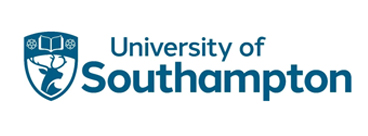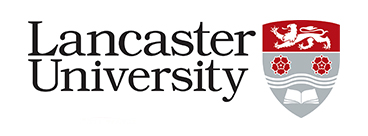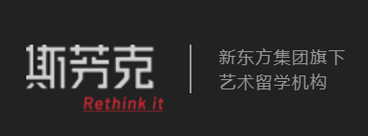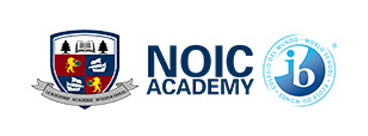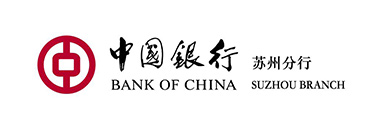背景介绍
KCL 教育学硕士申请分享
注意事项:
1. 该专业对于学生背景要求并不是限制的很严格,有相关的实习/工作经验也是可以的,但是并不强制一定有,KCL的教育专业竞争也是非常激烈的,而此专业整体申请难度并不会很高,申请教育的学生可以重点看下此专业的申请。
2. 该专业非常挑剔PS,在PS做了特殊规定,需要回答指定的问题,并且有相应的字数限制,3个问题,问题分别是:
-你为什么要申请这个特定的计划,它如何与你未来的计划相匹配?(最多250字);
Why are you applying for this specific programme, and how does it fit in with your future plans? (max 250 words)
-您的经验和教育如何使您成为该计划的合适候选人?(最多250字)
How does your educational background or professional experience make you a suitable candidate for the programme? (250 words)
因此,想要申请此专业的学生一定要特别注意PS!我们可以帮助你在PS上锦上添花!
3. 这个专业是一门跨学科课程,借鉴社会学、政治学、经济学和历史,以应对教育政策和提供的挑战。课程让学生深入了解与种族、社会阶级、性别以及全球化和新管理主义等变化有关的问题的教育政策和流程。
毫不夸张的说:学生可以成功拿到KCL录取,和学生的文书是离不开的。
4. 学生本科背景还是不错的,陕西师范大学作为师范类院校的认可度也是非常高的,而KCL教育专业对于这一类学校均分最低要求是80分,学生学校背景在申请过程中也是很有优势的。
申请难点
留学规划与提升
3.Briefly highlight an educational issue or topic that you feel is important (200 words)
The issue of geographical disparity in educational opportunities is one that I hold in high regard, especially after my direct experiences teaching in Northwestern China and learning about the education system on Japan's remote islands. These experiences shed light on how geographical challenges can severely limit access to quality education. In rural China, for instance, the need for qualified teachers and educational resources significantly hinders students' academic and personal growth. Similarly, Japan's remote islands need help providing consistent and comprehensive education due to their isolation.
I engaged in online teaching initiatives to combat these issues, utilizing modern communication technologies to bridge the educational gap. These efforts aimed to connect qualified educators with students in underserved areas, providing them with the same quality of education available in more developed regions. Despite the potential of technology to equalize educational opportunities, the rapid pace of societal and technological advancement widens the gap further, leaving remote areas even more isolated.
This persistent issue of geographical inequality in education is not unique to any country but is a global challenge requiring immediate and sustained action. The fact that such disparities continue to grow despite the availability of technological solutions highlights the complex nature of the problem and the need for innovative, multifaceted approaches to ensure equitable access to education worldwide.











